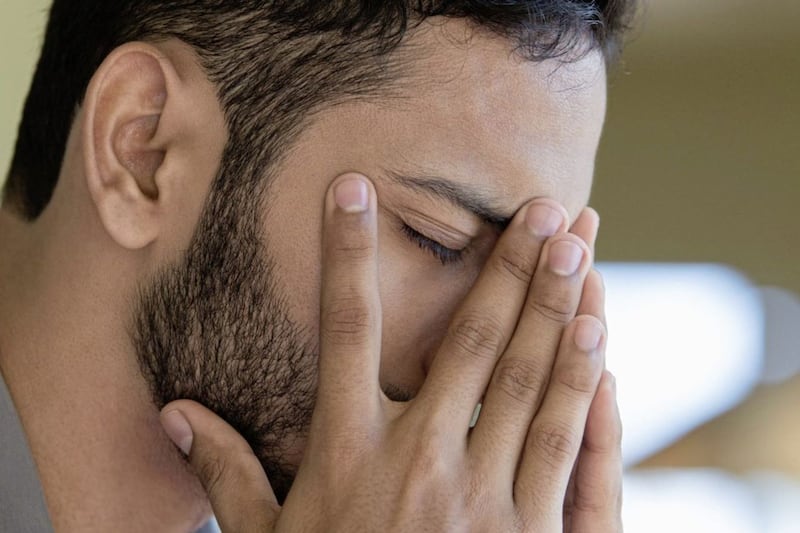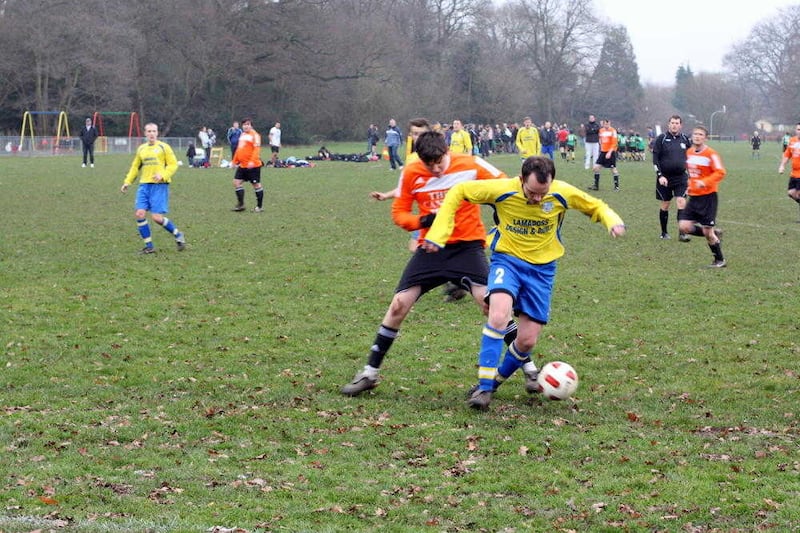CHRISTMAS can be a difficult time for people but Samaritans’ message is that no-one needs to be alone at this time of year. The organisation has more than 21,000 volunteers in Ireland and Britain, who are there round the clock, every day.
They are available at the end of the phone, via email or can be visited at your local branch. Northern Ireland has eight Samaritans branches, which responded to more than 145,000 calls for help in 2014.
We are committed to reducing suicide and want to encourage you to get in touch if you are struggling. We still get calls from people about the Troubles because it was such a dramatic time and many people suffered tragedy and loss. We still have incidents happening – not as frequently, but they can trigger memories of events in their lives that are very difficult to deal with.
When anniversaries come up, people often turn to us to help them cope. People have mental-health issues linked to many years of the Troubles, as well as other problems, such as relationship breakdown and issues with unemployment and finances.
The effects of the Troubles are long lasting. They are still going on in some ways. Everyone has a story, and if they haven’t been affected themselves they will have relatives who have been. Depression is very serious, and the unemployment situation doesn’t help at all.
Although the signing of the Good Friday Agreement in 1998 has brought a relative peace to the north, the rates of suicide here continue to outstrip the rest of the UK.
Ulster University’s Professor Siobhan O’Neill has studied the links between experience of conflict and the increased risk of people taking their own lives. A 2011 study found an increased risk of mental disorders in Northern Ireland linked to the Troubles; last year a study found links between experience of conflict and trauma and higher rates of suicide.
The 2014 research claims to have established the first direct link between suicidal behaviour in Northern Ireland and having experienced traumatic and conflict-related events.
The research, commissioned by the University of Ulster, carried out detailed analysis of suicidal thoughts, plans and attempts in a sample of more than 4,000 people. It demonstrated a new link between conflict and thinking about suicide.
This is the first time evidence clearly demonstrated a trend of suicidal behaviour in people who have suffered, or witnessed, a traumatic, conflict-related event has been found," Prof O'Neill said when the research was released.
"The research also identifies lower levels of suicide attempts in this group – suggesting, more worryingly, that this group may be more likely to actually take their own life on the first attempt.”
(Professor O’Neill will be undertaking a sponsored walk in aid of Samaritans over the Christmas period – see www.hike4hopeni.com.)
Christmas can be a very lonely time of the year. It is important that anyone out there struggling, for whatever reason, knows that Samaritans is available round the clock, every day. We provide a safe place for anyone struggling to cope, whoever they are, however they feel, whatever life has done to them.
:: Ruth Sutherland is chief executive of Samaritans UK and Ireland. If you would like to contact Samaritans, call 116 123 (this number is free to call and will not appear on your phone bill), email jo@samaritans.org, or visit samaritans.org to find details of your nearest branch.







